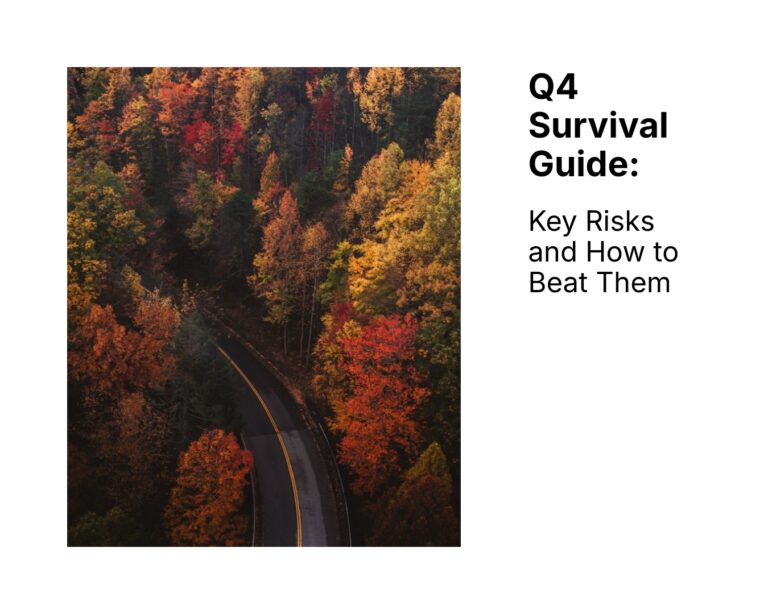Back to school: A Guide to Supporting your Finance Team through Accountancy Qualification
 There are numerous professional accountancy bodies- 9 that I can think of. But chances are, if your finance team are working in industry, meaning NOT in an accountancy firm, they will be interested in one of these three:
There are numerous professional accountancy bodies- 9 that I can think of. But chances are, if your finance team are working in industry, meaning NOT in an accountancy firm, they will be interested in one of these three:
- AAT (Association of Accounting Technicians)
- CIMA (Chartered Institute of Management Accountants)
- ACCA (Association of Certified and Chartered Accountants)
In this guide, I will explain what these are all about and how your employees can choose the right one for them. I will also outline what a good support package looks like and what kind of agreements should be in place so everyone is protected.
AAT
AAT takes a couple of years to complete. There are no pre-requisites. It is a very hands-on, thorough approach to teaching bookkeeping and accountancy. When the student has completed, they should be able to run the finances of a small company- top to bottom. It is a qualification in itself, but it is also a route of entry to CIMA and ACCA, which are chartered, professional level qualifications.
If the employee does not have a degree in accounting, does not know whether they would want to continue to the professional level afterwards, or if they just do not know which one they would want to do, then this is a good qualification to have.
I completed AAT about 14 years ago prior to completing CIMA so it has changed through the years but from what I can see, only marginally.
What AAT does do particularly well is it teaches you a very deep understanding of why everything is done the way it is done. Why is an expense a debit. What is the journal to dispose of an asset. The nitty gritty, real life examples of what a person at this level would face at work. And for that reason, I still rate it highly.
CIMA
I have been asked by many people, “which should I do, CIMA or ACCA?” While they are both chartered and highly sought after bodies, they do differ.
CIMA is the world’s largest accounting body of management accountants. They focus chiefly on business accounting , in particular the strategic elements of business such as forecasting, financial, risk and control strategies.
If you are as good with words and you are with numbers, and love business, this is for you. There is a pre-requisite to beginning the professional level exams. You may begin them if you have AAT, if you have a degree in Accountancy or if you have completed the CIMA foundation course.
ACCA
ACCA is a global accountancy organisation specialising in accountancy, management and finance. People tend to prefer these if they are more numbers driven. You can specialise for instance in tax or audit, which the other alternatives do not do. Pre-requisutes for the professional level exams are the same as for CIMA: degree in accounting, AAT or the ACCA foundation course.
3 to 4 years is probably the norm to complete both ACCA and CIMA if you are also working full time.
Learning Route
One can book online courses, attend courses in person, attend residential intensive classes or just buy the book and teach yourself. There are so many ways you can complete these qualifications. I suggest asking your employee who wants to study, to do their own research in terms of what alternatives are available in their area, and related prices. Once you have this document to hand, a conversation can begin.
Support
A good support package will include what is paid for by the company, whether there are any paid days off for study leave and exams days, whether or not re-takes are paid for.
Every business differs in what they are prepared to offer. I had what I call a “Gold Package” when I did my CIMA studies. The company I worked for paid each of my courses (to attend at night school after work- through BPP Professional Education), as well as the weekend review courses just prior to each exam, the exam fees, and membership fees. I received 3 days paid leave (on top of my holiday) per exam, including the day of exam. Retakes were not covered. I used pretty much the whole rest of my holiday allowance to study. I was lucky.
This is a huge investment for the business. Some companies will offer a monetary amount towards studies, say £2,000 a year including books and materials. You need to look at what you can afford as a business.
Additional Support
Anyone who has gone through this process of qualifying will tell you, it is an emotional and stressful time in your life. It is important that their Finance Director or line manager understands the employee is under additional pressure. So must their family, friends, partners, and children understand. It takes a toll- on everyone.
It is always amazing if you can have support from the Finance Director, in terms of, if the employee has difficulty with a topic they should feel free to bring it into the office and ask their FD for advice. This is free support you can provide and worth so much.
Terms
If a business invests this much in an employee, they want to reap the benefits of having a qualified person on the books. They do not want the employee to leave 5 minutes after qualifying. Usually, you have terms in place, which lock the employee into employment for a certain time after qualifying. Having to stay for a minimum of one year is a common amount of time. If they choose to leave before that they need to repay the company part or all of the course fees. This is common practice and I strongly advise you do this.
Such an agreement is a one pager and outlines every aspect , which has been agreed: time off allowed, what is paid for, what is not paid for, whether retakes are paid for, what happens if you fail, etc. Both parties need to sign it.
Sophie Wright is Founder of WrightCFO, the niche part-time, FD Consultancy for SMEs. If you enjoyed this article and would like to read more like it, please sign up to the WrightCFO monthly newsletter HERE.
Keep learning!










